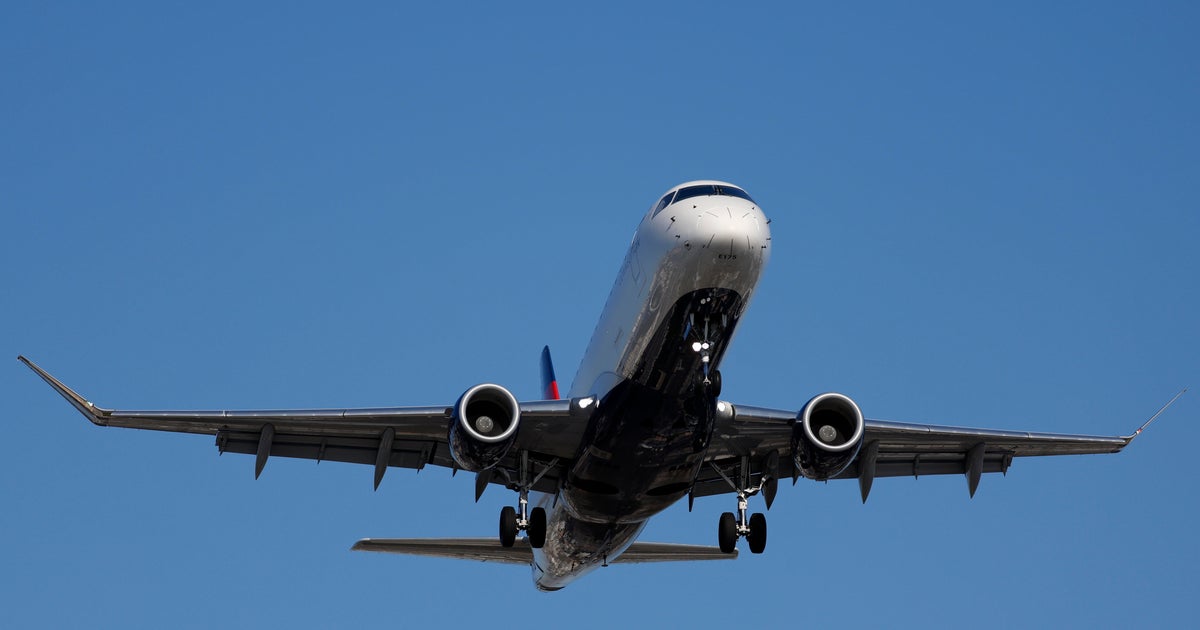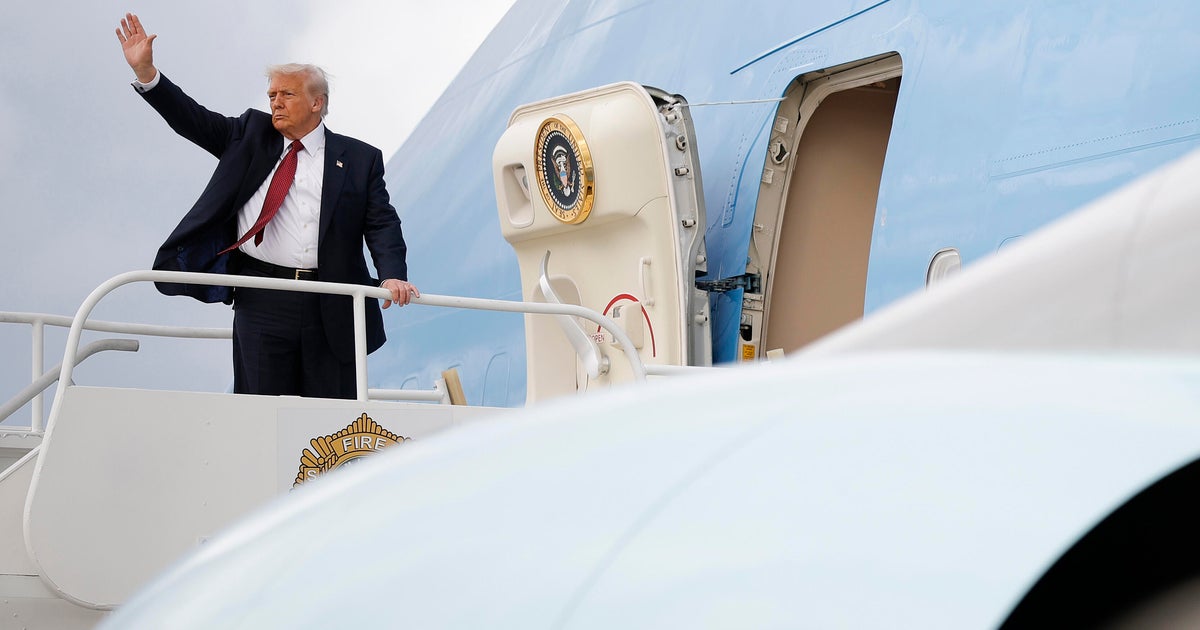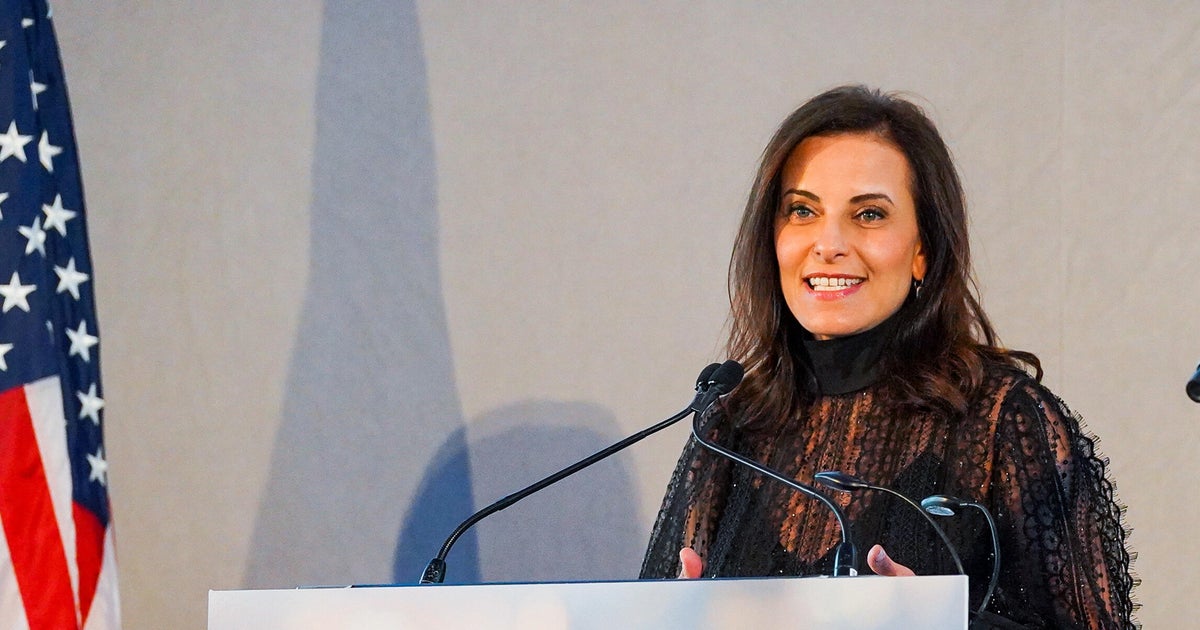United Airlines plans big expansion of flights to Europe ahead of summer travel season
United Airlines plans to offer more flights across the Atlantic this summer than it did in 2019, a wager that international travel will bounce back strongly despite the persistent pandemic.
United said Tuesday that it will boost transatlantic passenger-carrying capacity by 25% over pre-pandemic levels to a combination of new destinations and old favorites such as London.
Patrick Quayle, the airline's senior vice president of international network, said it was the biggest single transatlantic increase in United's history.
"We will be the largest carrier across the transatlantic," he said.
Later this week, United will begin serving several new destinations that it named last fall, including Portugal's Azores and Spain's Canary Islands. The company is also adding flights — for example, jumping to 22 daily flights from the U.S. to London in late May.
Even before Tuesday's announcement, United had scheduled more passenger-carrying capacity to Europe in June and July than its closest rivals — 15% more than Delta Air Lines and 36% more than American Airlines, according to data from research firm Cirium. Each carrier also has European partner airlines.
United's annual revenue from U.S.-Europe flights fell from $7.4 billion before the pandemic to $2.2 billion in 2020. It edged higher to $3.4 billion last year, or 14% of total revenue.
United was the first major airline to require vaccinations for all employees. The company said 99.7% of its roughly 67,000 employees have complied with the mandate. But 232 workers have not taken the vaccine and now face termination, United CEO Scott Kirby told CBS Mornings in October.
Ongoing travel lag blamed on testing requirement
There is risk to United's growth plans as international flying has lagged the recovery in domestic travel. Airlines blame that largely on a U.S. requirement that travelers test negative for COVID-19 within a day of boarding a U.S.-bound flight. Some Americans are unwilling to risk being stranded overseas for several extra days if they contract the virus during their trip.
"The testing requirement is preventing a lot of people from taking trips that might otherwise have taken," Scott Keyes, a flight expert and founder of Scott's Cheap Flights, a website that finds deals on airfare for its members, recently told CBS MoneyWatch.
Carri Chan, a professor of decisions, risk and operations at Columbia Business School, agreed that the testing requirement has been a more significant barrier to travel than the previous mask mandate was. U.S. airlines have made mask-wearing optional for both passengers and employees in the wake of a judge's ruling April 18 that struck down the Centers for Disease Control and Prevention's transit masking rules,
"Certainly for international flights getting back to the U.S., there are people who are concerned about the financial ramifications of not being able to come back if they test positive," she told CBS MoneyWatch in March. She also said that waiving the COVID-19 precautions could dampen travel demand from families with small children, who aren't yet eligible for the COVID-19 vaccine.
Despite intense lobbying by airlines, the Biden administration has given no indication of lifting the testing requirement.
United had to scale back its summer plans — delaying three new routes — because of a pilot shortage and the grounding of several dozen Boeing 777 jets after the Pratt & Whitney engine on one of them blew apart over Denver in February 2021.
Quayle said Russia's invasion of Ukraine does not seem to be affecting bookings to Europe — something executives at other airlines have also said. United does not fly to Russia, Ukraine or neighboring countries. Its closest destination is Dubrovnik, Croatia. Quayle said, however, that there might be "a little bit" of weakness for connecting flights into Poland or Romania.





